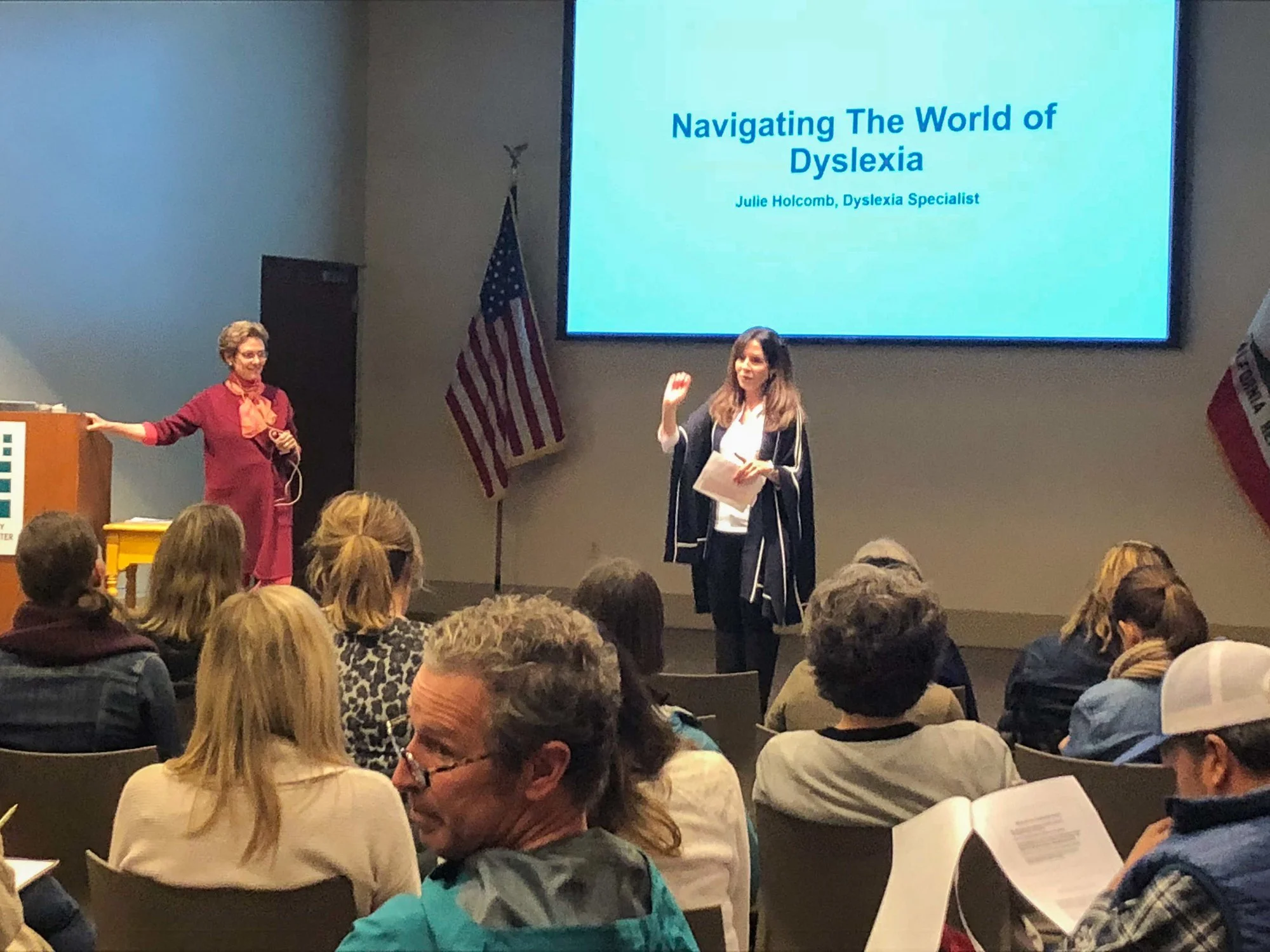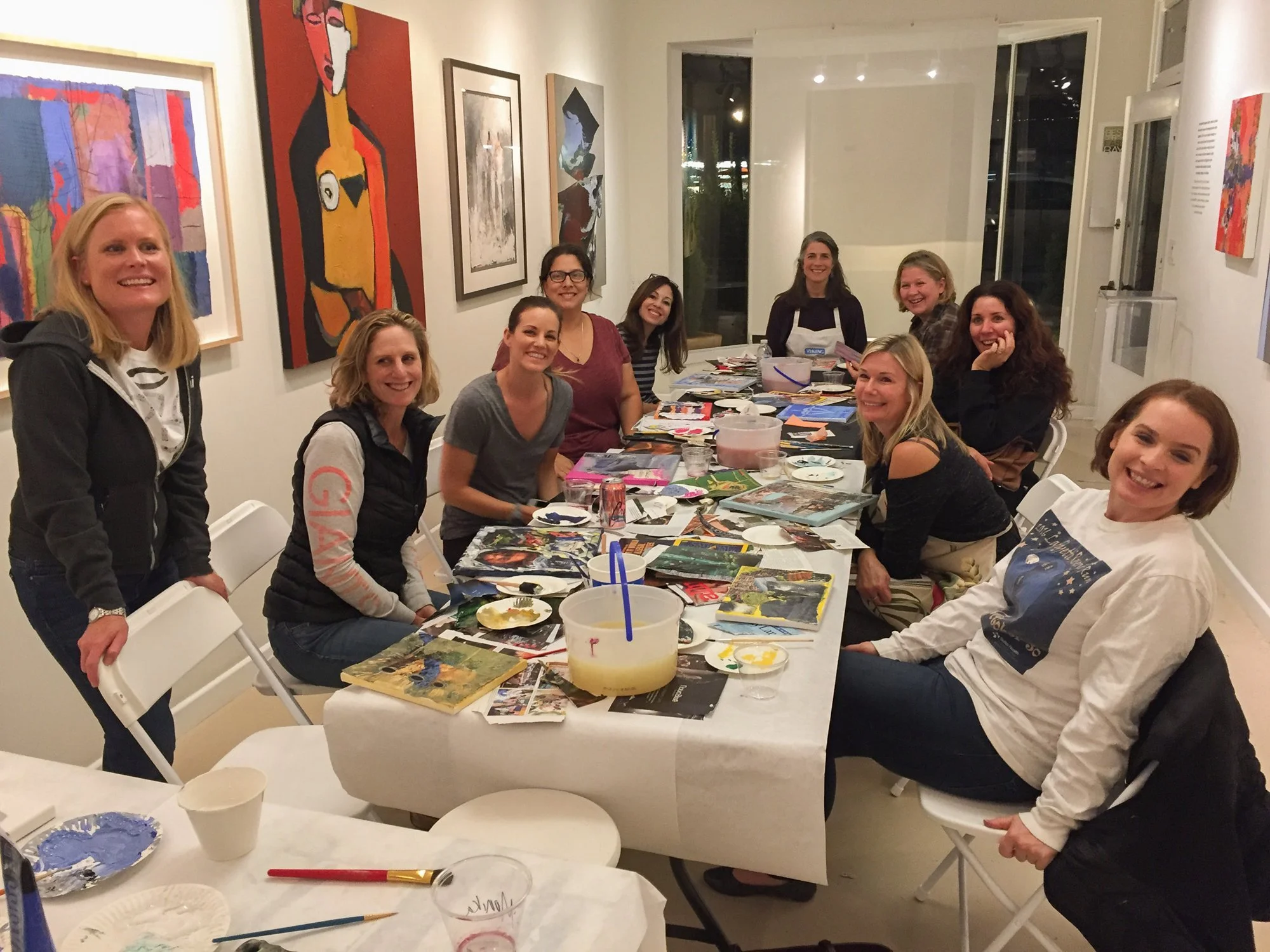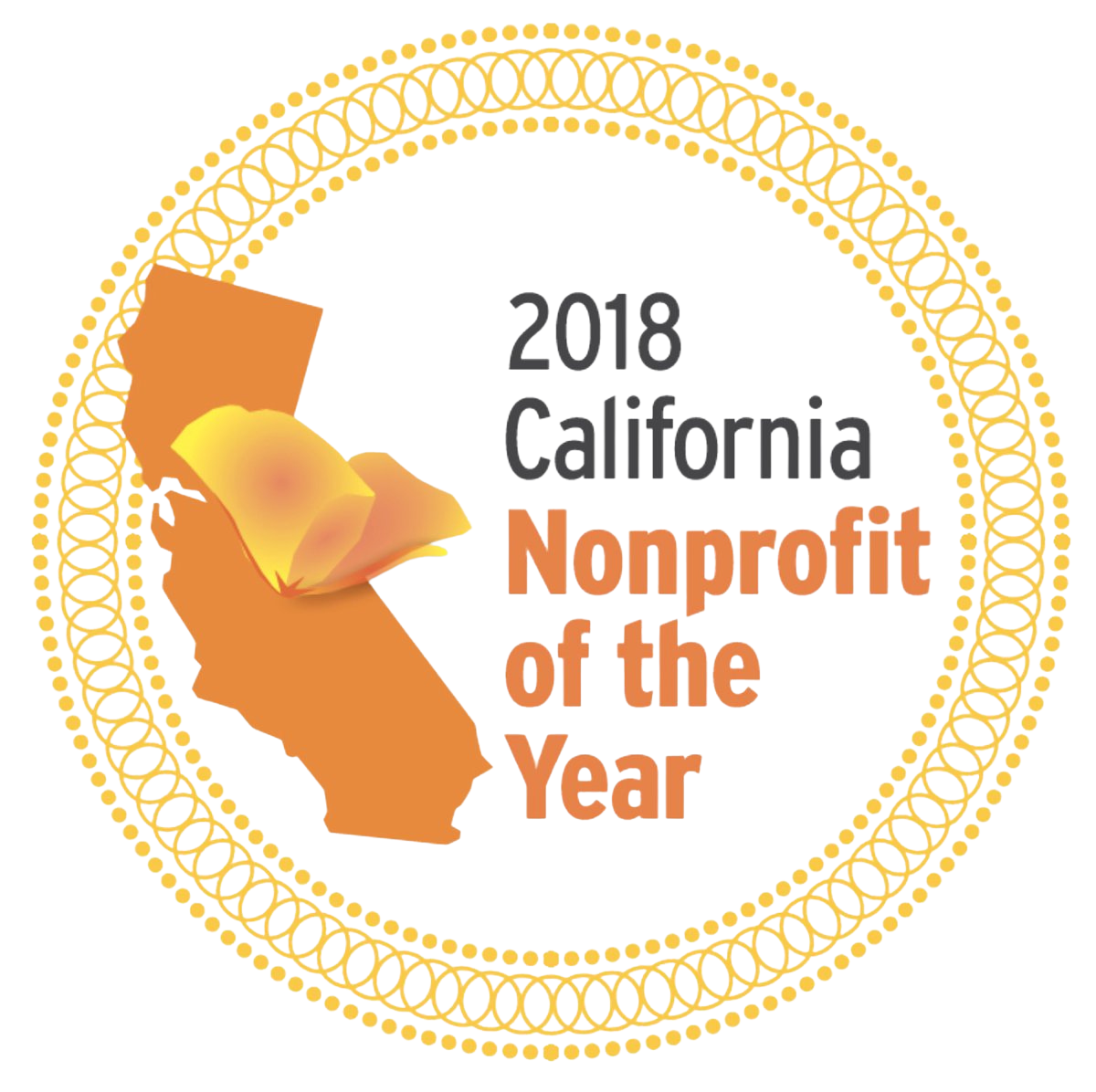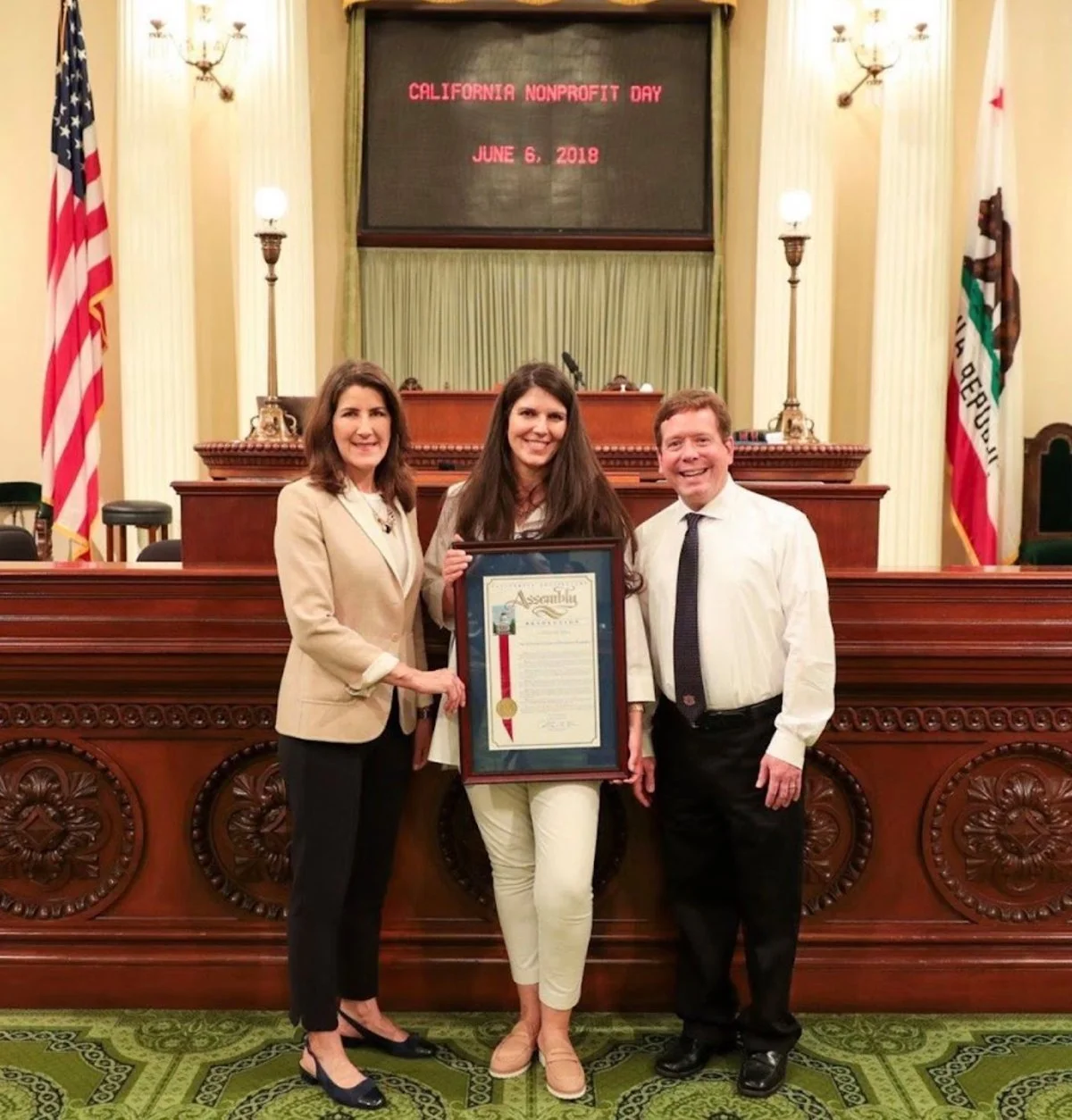Impact
A small non-profit can have
a big impact.
YOUR GENEROSITY SUPPORTS
Social Emotional Learning
Thanks to SEED, we have received Kimochis training and Kimochis Toolkits, which I have used daily in person and in distance learning with my students. I have watched my students, some as young as age three, quickly gain an emotional vocabulary, an ability to identify the feelings in their body and to learn and use strategies to communicate effectively and manage big feelings.
The consistency of the Kimochis curriculum throughout the school district will support students’ social-emotional development from grade to grade. I am so thankful to SEED and Kimochis for making such a lifelong positive impact on our students!
– Samantha Hodge, EdPsy, LEP
SEED Programs
A sampling of programs offered by SEED & SEED High School
Parent Education & Support
Monthly Coffee Talks
Ability Awareness Week in our schools
IEP Workshop Series
Ask an Advocate Series with local educational advocate
Dyslexia & Comorbidity
Technology Addiction in Special Needs Teens
Estate Planning for Children with Special Needs
Events
Young Children’s Playdates
Sienna Ranch Family Day
Back to School Cocktails
High School Bowling Club
Gingerbread Decorating Family Event
Birthday Bash Playdates
Book Club
Painting Night
State Recognition
Thank you to Assemblywoman Catherine Baker for this incredible honor!
SEED in the News
SEED foundation opens eyes, offers support to special needs kids
— Lamorinda Weekly, Feb. 20, 2019
Swim Team Documentary Profiles Young Athletes on the Autism Spectrum
— Lamorinda Weekly, Jan. 24, 2018
Learning Disability Simulation Leads to “A-Ha” Moment
— East Bay Times, April 5, 2017
DIGGY, THE SEED PUP
Lasting Impact
In May of 2020, the Champlin Family of Lafayette was approved as a puppy raiser by Canine Companions for Independence (CCI). SEED stepped in to help the Champlin’s cover the cost of 18-months of raising Diggory (aka Diggy) to the high standards of CCI.
When Diggy graduates he will join the ranks of his fellow canines, in service to adults, children and veterans with disabilities, and as facility dogs to professionals working in healthcare, criminal justice and educational settings.






